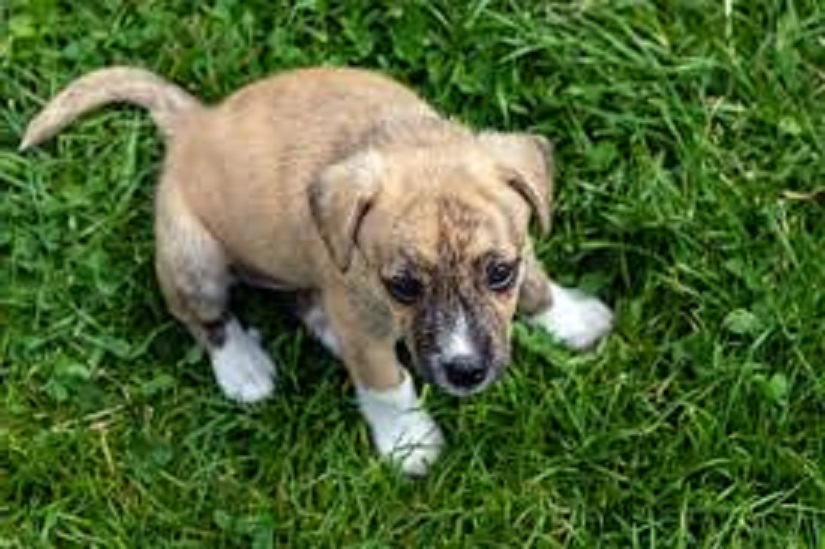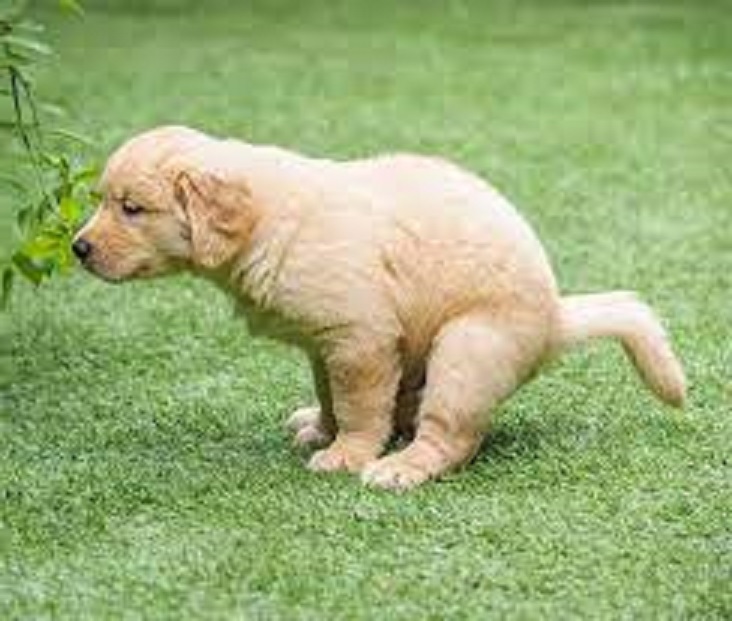Most people know that puppies typically poop shortly after eating. But what do you do if your puppy doesn’t poop within an hour or two? And more importantly, how worried should you be if your puppy still hasn’t pooped after a few hours? Today we’ll explore the answers to these questions and more! Keep reading for tips on how to help your puppy poop and advice on when to worry about potential health problems.
Puppies typically poop every 1-2 hours and their digestive system is different than an adult dog. They will need to eat more often and in smaller portions so they don’t get sick from eating too much at once or not enough food throughout the day. You should also be sure that you’re giving your pup plenty of water, which can help them regulate their bowel movements better.
We suggest checking with your vet to see if the food you’re feeding your pup is appropriate for his age and weight, and making sure that he is getting enough exercise to promote healthy bowel movements. If you can’t get your puppy to poop for an extended period of time, there could be something wrong. You should contact your vet if you think that there’s something wrong with the food that he’s eating or other contributing factors such as parasites.
Table of Contents
Is it normal for puppies to poop every 2 hours?
No! A healthy puppy should poop multiple times a day, ideally within a few minutes of eating. So if your puppy is pooping less than this, you should take them to the vet as soon as possible.
Puppies should poop after eating, and they usually do so within 30 minutes to an hour. If your pup hasn’t pooped after two hours, this could be a sign that something is wrong.
How long does it take for a dog to poop after eating?

A healthy dog will typically poop within 30 minutes to an hour of eating. This varies depending on age, breed, and food. Some dogs may need to be encouraged to poop by walking or playing. If a dog doesn’t poop after an hour, he should be taken to a vet for a check-up.
How many times a day should a puppy poop?
A healthy puppy should poop at least 3 times per day. Ideally, they should go after eating breakfast, one to two hours after dinner, and immediately on waking up. This varies depending on the puppy’s age, breed, and food.
For example, a 2-week old Chihuahua will poop about every other hour, while a 6-month-old German Shepherd may go up to 3 or 4 times daily.
How many hours does a puppy poop after eating?
If your puppy doesn’t poop right after eating, it’s best to wait for up to an hour. If he’s still not pooping after an hour, he should be taken to the vet immediately.
A healthy pup will poop right after eating, within 30 minutes to one hour. However, some exceptions to this include:
If your puppy ate grass, he might not poop for up to 6 hours. If you want to encourage him to poop, try walking or playing.
If your puppy is constipated, it might take up to 6 hours for him to poop. Try feeding him food without grass and encourage him to play or walk.
How fast does a dog poop what they eat?
All puppies are different. Some pups will poop shortly after eating, within 30 minutes to one hour. Others might only go after 2-3 hours. The time it takes to poop can vary depending on age, breed, and food.
A puppy’s diet has a large impact on how long it takes for him to poop after eating. For example, puppies who eat dry kibble are more likely to have longer pooping times because their food takes longer to digest, whereas puppies who eat wet food are more likely to have shorter pooping times because their food is easier for the body to process.
A dog might not poop for up to 6 hours if he ate grass, while a dog that is constipated might need up to 6 hours to poop.
There’s no set answer to how often puppies should poop. If your pup is pooping every two hours, it could mean they are having trouble digesting the food they eat or may have an underlying health issue that needs attention from a veterinarian. You can talk to your vet about what might be causing this behavior pattern and get some pointers on how you can help them with their digestion process at home by cutting back on treats, feeding smaller meals more frequently, etc.
But if your puppy isn’t showing any other signs of distress (such as vomiting), there’s no need for concern! Puppies will eventually grow out of these frequent bathroom visits once they’re around 12 weeks old and begin eating adult dog food instead of milk-based formula and weaning foods.
